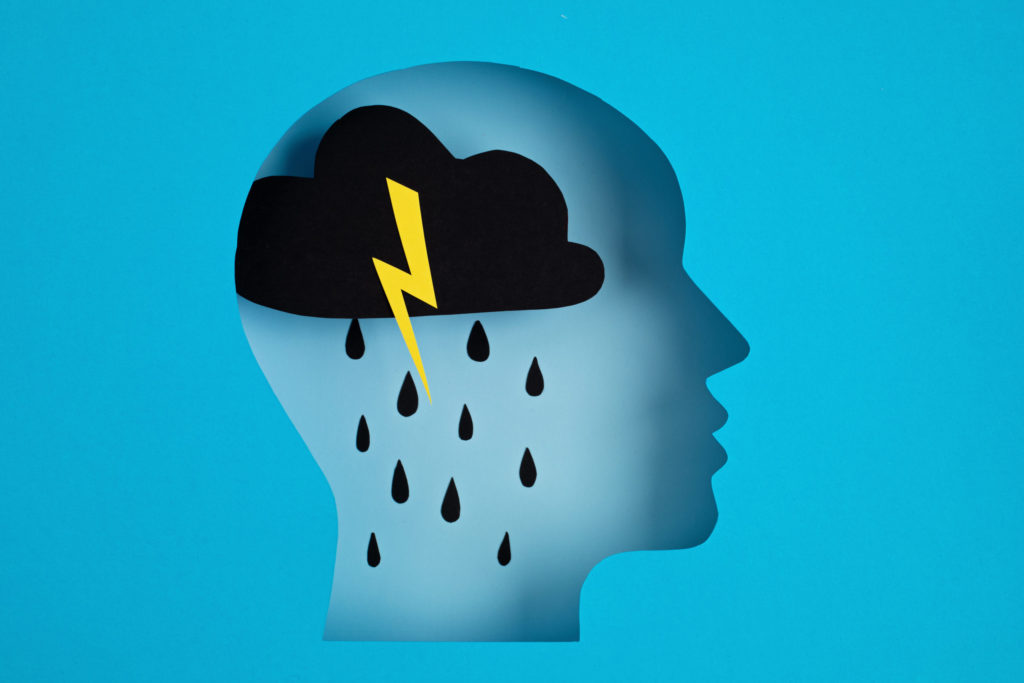Mental health can come in many forms and affects millions of people each year. Mental health problems can affect a person’s ability to live a fulfilling life and lead to severe social and physical issues. While many mental illnesses can be solved with different methods like talk therapy and lifestyle changes, there are still problems with mental health. When mental wellness affects so many people in these ways, it makes you wonder, is mental health a public health issue? Public health issues are health issues that affect many people and often cover different diseases and chronic illnesses. Below we will dive deeper into why mental health is a public health issue.
The Food You Eat
Your mental and emotional health is affected by many things around you, from your daily routine to the food you eat. The International Life Sciences Institute (ILSI) is one of the organizations responsible for researching advanced food safety and nutritional science for public health. This factor will affect mental health because poor nutrition and low-quality foods can increase symptoms. Without organizations like this, mental health becomes a public health issue because of the lack of access to healthier food options. When you have these problems, it’s essential to eat a well-balanced diet and access nutritional foods to help heal your brain. If you are eating mainly processed foods, it’s an excellent chance of affecting your mental wellness.
Social Relationships
Those who struggle with their mental wellness often have trouble maintaining relationships with the people around them, whether it’s their colleagues, family, or friends. This struggle can be especially harmful to children and adolescents whose development depends on the bonds formed with family and friends. This lack of development can lead to social isolation, leading to divorce, family breakdown, or even childhood neglect in adulthood. Mental wellness issues can cause several problems within families, including financial issues isolation, and families feel it is their fault or blame. These feelings cause issues within the family and soon outside of the family. Families may isolate themselves for fear of judgment from others.
A Struggle With School
Evidence supports the theory that people who struggle with mental illness often struggle with academic success. Many students who struggle with these issues report that it’s hard to maintain positive relationships with their teachers while also experiencing poor concentration, low motivation, and trouble following the rules. This issue can negatively impact the learning experience and lead to more student dropouts. Every year nearly 28,000 students with a mental illness drop out of school. In addition, those who drop out are 63 times more likely to end up in jail than college graduates. Professionals see the importance of education for a person’s well-being, so cognitive health plays an essential role in a person’s educational success.
Greater Risk of Substance Misuse
There is a clear link between mental health conditions and substance misuse, leading to the other. Statistically, one in four people with a mental illness also struggles with substance misuse. Substance misuse leads to even more significant issues and is an unhealthy way to cope with the stressors and mental health of adults and adolescents. In addition, people with mental illness are more likely to consume substances that harm their health than others.
Mental Health is a Public Health Issue
When it all comes together, you will see that mental health is most definitely a public health issue. From anxiety and depression to bipolar disorder, many mental disorders affect millions of lives each year. Unfortunately, there are times when mental health conditions can negatively impact the lives of those who experience them. The important thing is to make resources available to combat mental illness symptoms, so those who experience them can live a fulfilling life.

